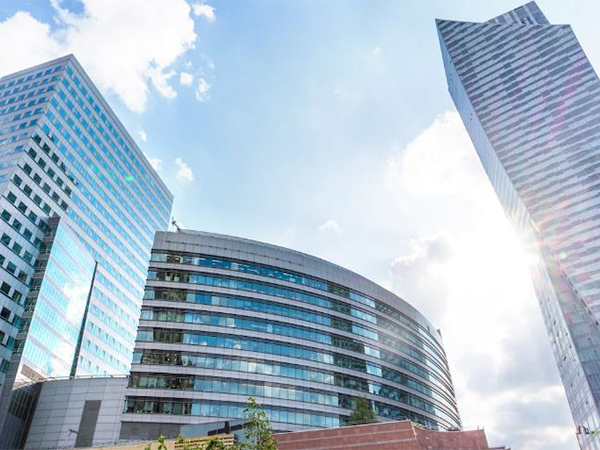India Inc: Catalysts of Future Office Space Surge
India's office space demand is poised to skyrocket as 85% of domestic firms plan expansion over two years, driving a revival in leasing activities. A survey reveals a growing trend towards flexible workspaces and the evolution of global capability centers into innovation hubs, backed by strategic upgrades and sustainability goals.

- Country:
- India
India's corporate sector is anticipated to be a major force in the burgeoning demand for office space over the next two years. A recent survey by CBRE suggests that a staggering 85% of domestic companies are planning to expand their office footprints, an increase from 73% in 2024.
This expansion is driven by significant growth across various sectors and rapid digitalization. Compared to pre-pandemic 2018-19, there's been an 86% surge in office leasing by domestic firms from 2023-2024. Factors like an office-first policy and revised hybrid working conditions further bolster this demand for office spaces.
The CBRE survey also indicates that 94% of businesses want employees in-office at least three days a week, with 52% adopting full-time office policies, up from 36% the previous year. Anshuman Magazine, CBRE's CEO, emphasizes the need for upgrading workspaces to meet demands for high performance and digital integration.
Flexible workspaces are solidifying their presence in the Indian office leasing market, capturing around 15% of annual absorption consistently. Additionally, the preference for such spaces is expected to double as numerous companies earmark a significant portion of their portfolios for flexible options in the upcoming years.
Small businesses, representing 58% of the survey, are set to allocate over 10% of their office portfolios to flexible spaces. Similarly, the proportion for large firms is predicted to rise to 52% by 2027, escalating from 33% now. Global capability centres (GCCs) are also propelling demand, achieving 35-40% of annual absorption.
This trend of GCCs is transforming them from back-office roles into innovation epicenters with a focus on R&D, AI, and core engineering. Approximately 65% of GCCs are projected to expand portfolios with financial services, life sciences, and manufacturing at the forefront.
The survey further underscores that almost 75% of GCCs have established ESG goals, highlighting sustainability's growing role in their strategies. According to Ram Chandnani, Managing Director of Leasing at CBRE India, GCCs significantly shape the future of India's office sector, particularly with their evolution into cutting-edge innovation hubs.
Additionally, there is a noticeable trend towards setting up offices in tier-II and tier-III cities. This shift offers access to skilled labor, reduced costs, and developing infrastructure—marking these areas as attractive prospects for corporate expansion in the near future.
(With inputs from agencies.)










